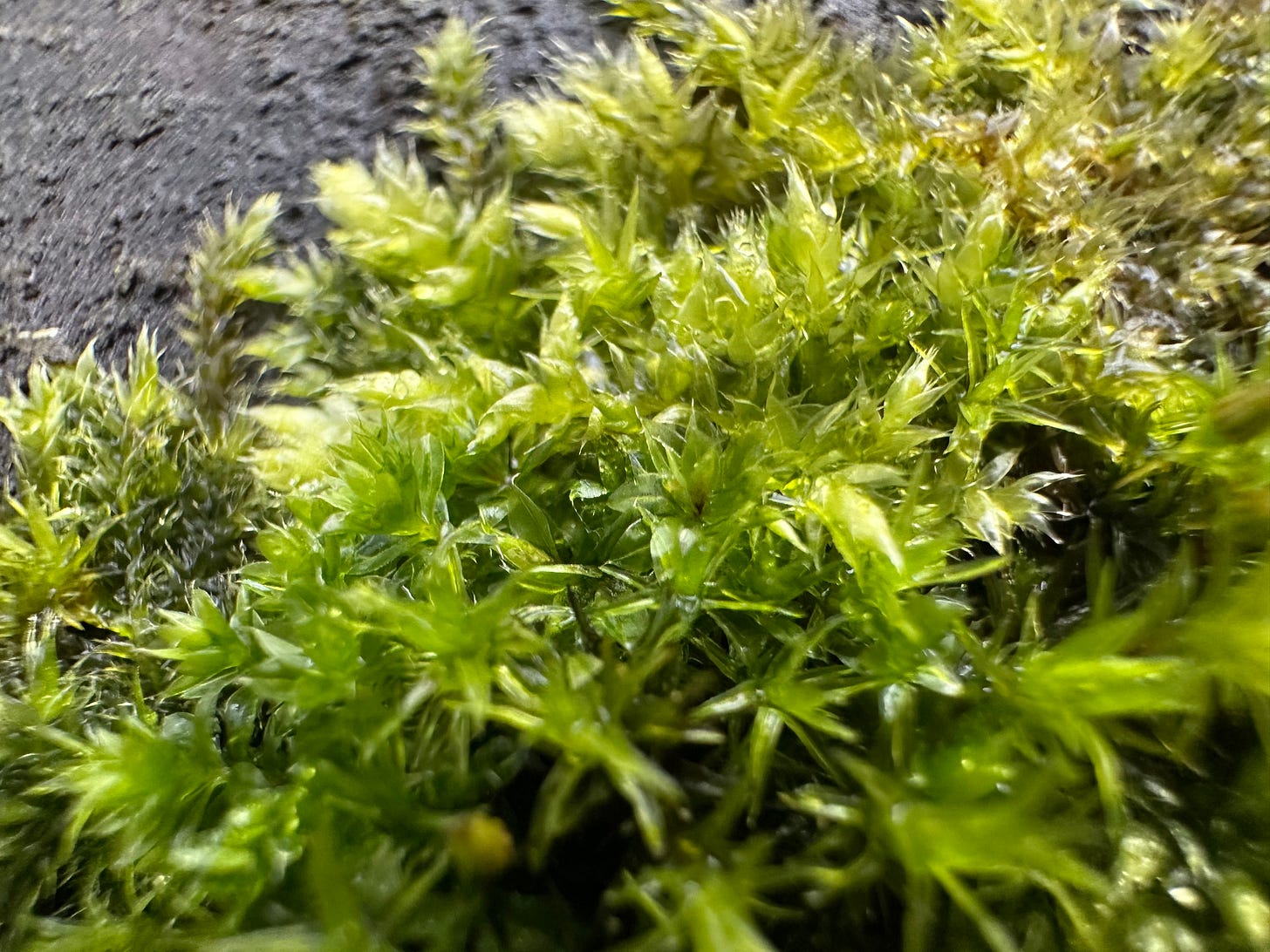I had detailed feedback on the Planetary Philosophy book last week from Sae, who is editing it for me. I think we have a solid foundation of trust, and a deep understanding of each others work, and ways of working, but still, I think she was hesitant to give me certain feedback, and I was wary of receiving some of it. Which is natural enough: we all like to be told when things are great, but hearing that something is off kilter can be hard.
IN part this is because we are so conditioned into ideas of ‘right’ and ‘wrong’, and conflating those states with ‘good’ and ‘bad’. Failure is part of my practice, so in part I need to find ways of listening to my community (and editor…) that embrace that, but also I am allowed to hold this principle to the front (rather than hiding behind a false idea of perfection).
Sae and I talked more about the book, with me restating that I am comfortable - and expect - to publish the book as a fragile and fragmented artefact. Thinking in progress, not fully thought out. The writing, and sharing, is part of finding the story.
But I don’t want it to be full of mistakes, or to flow badly. Typos can be picked up by technology, but the flow is a creative decision, and when you find a good partnership, it’s easier to hear that type of feedback.
Use your sixty seconds today to consider your most productive working relationships.
What is the role of trust, and how much ‘difference’ can you hold within them. Be specific about what they give you. And what you invest in them.
The strength I find in my key writing relationships is our ability to be boldly different, and to build upon that difference. It carries us all into new spaces of performance.




